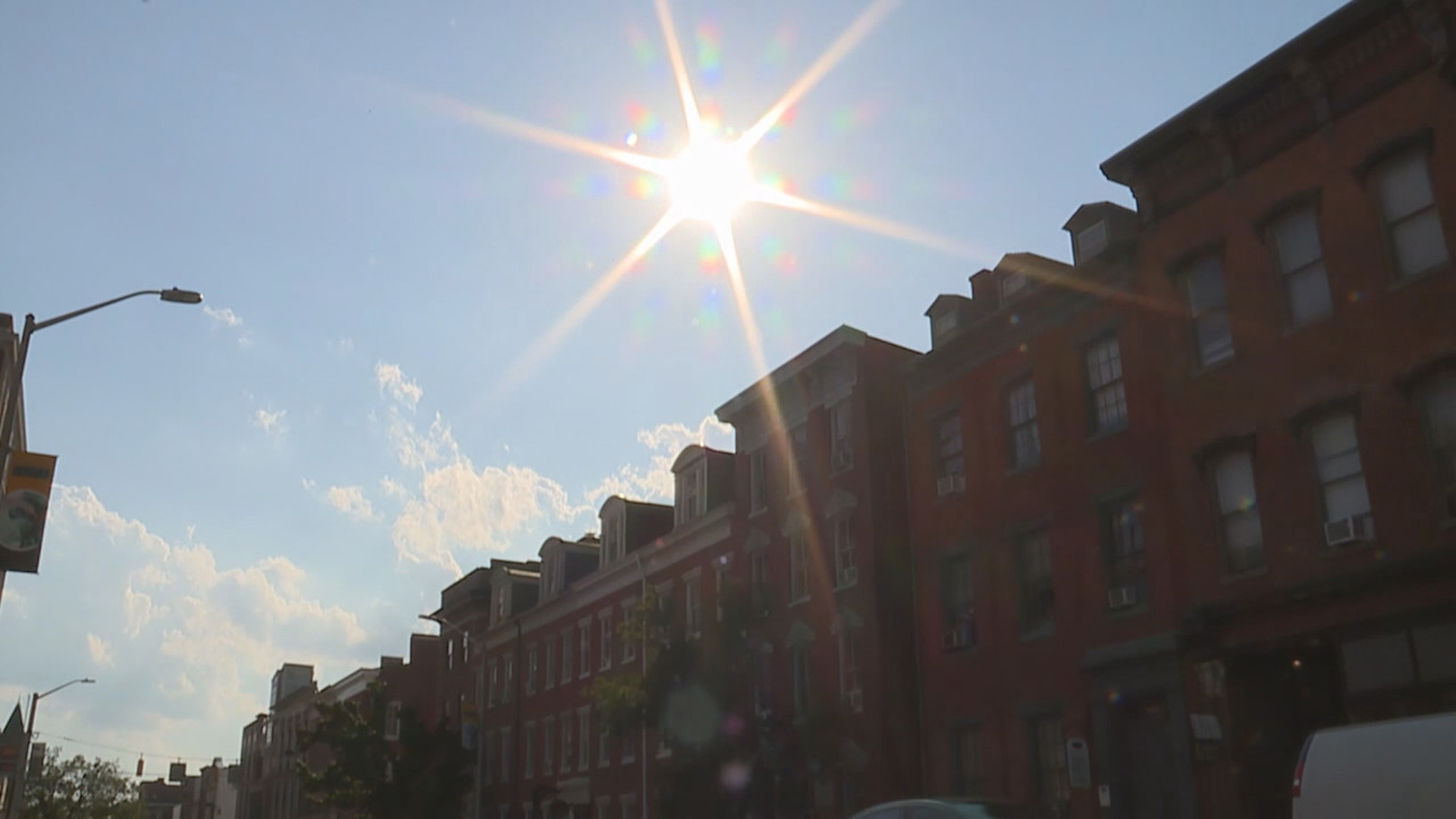HARRISBURG, Pa. — The Harrisburg area recorded its fifth hottest July on record, and people across the region are trying to find ways to keep cool through the high temperatures.
“It is definitely energy-draining, so we’re trying to stay out of the heat and the sun," said Harrisburg resident Leonard Randolph.
Randolph said his family tries to stay cool by limiting their time outside and running the AC and fans throughout their house. However, he said having the AC running has come at a cost of $60 more a month on his electric bill.
“You can see the difference in the bill," said Randolf. "But that’s the cost of staying cool, I guess.”
Dr. Pavlo Buryi, an associate economics professor at Harrisburg University, said the cost of staying cool could also impact local municipalities. He said the increase in AC use could put more of a burden on electric grids across Central Pa.
“On top of that, with people switching from gas to electric cars and buying more appliances, our outdated infrastructure may not be well suited to handle the additional pressure," said Dr. Buryi.
Regional data from the CDC also shows several spikes in hospitalizations for heat-related illnesses during the month of July. According to the data, heat-related hospitalizations topped 911 people per 100,000 hospital visits in Pennsylvania, Delaware, Maryland, Virginia, Washington DC, and West Virginia.
Dr. Buryi said that could also put a strain on local healthcare systems.
“[It’s] pressure on health care infrastructure, hospitals with a limited number of beds and limited number of ambulances," said Dr. Buryi.
Dr. Buryi added that more collaboration between the state and federal government will be needed in order to better prepare for future heat waves.
“One has to anticipate way ahead of time, instead of waiting until the system is stretched thin and breaks and then we decide what to do," said Dr. Buryi.
Lawmakers in Washington have proposed legislation that would have classified extreme heat as a major disaster— which would allow federal emergency dollars to be sent to states impacted by heatwaves. It was introduced in the House and referred to a committee last year, though it hasn't had any movement since.

